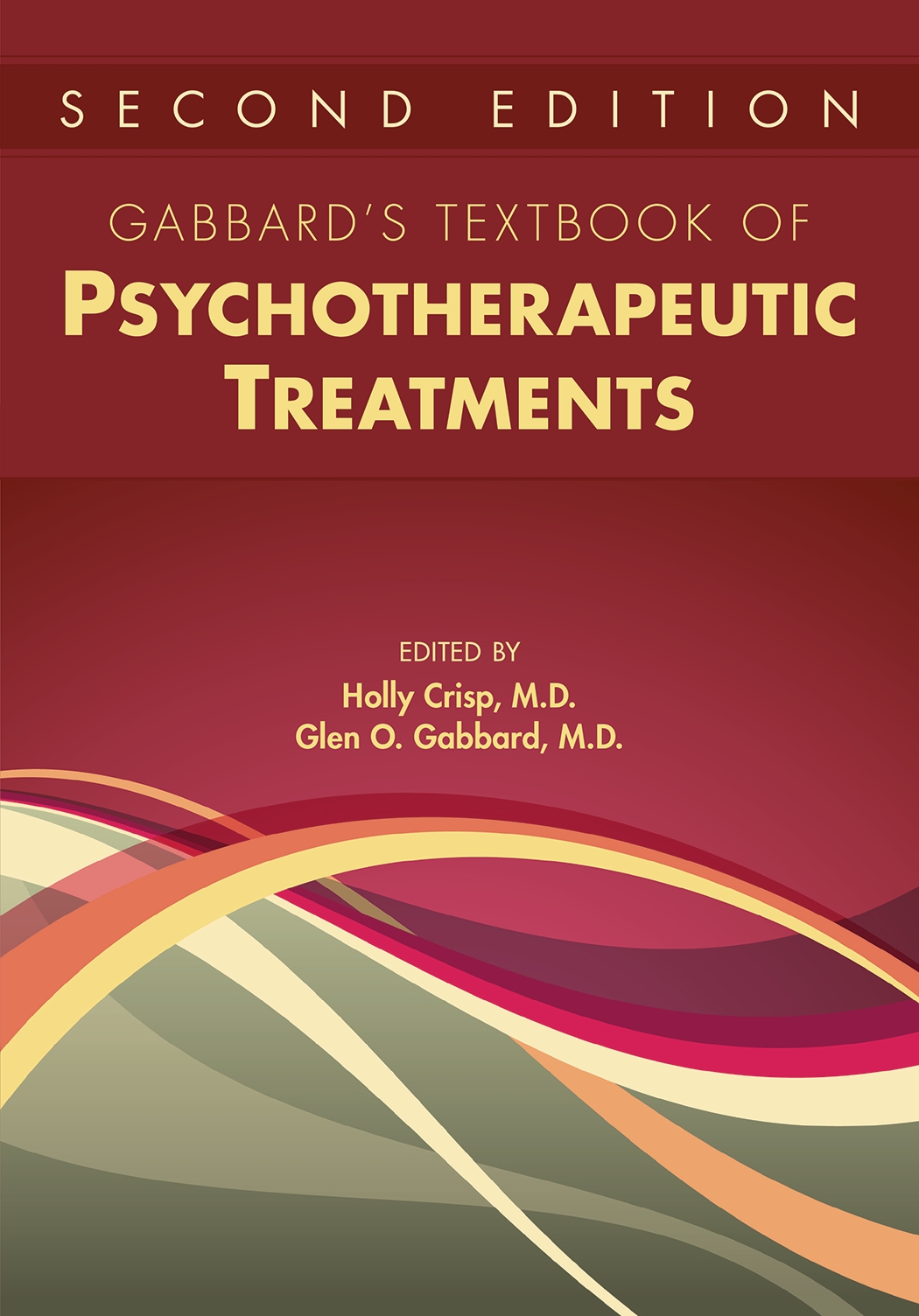Sections
Excerpt
Interpersonal psychotherapy (IPT) is a practical, intuitively reasonable treatment for depression. Readers new to IPT will find that much of what is described in this chapter sounds familiar and overlaps with other psychotherapies. Thus, on one level, IPT demands few novel skills from therapists and is relatively easy to learn. The challenges of IPT lie not in any individual technique or strategy but in organizing these approaches to establish and maintain a coherent focus. Therapists who are used to less structured therapies may initially find it difficult to organize sessions around a specific IPT focus and to eschew the temptations of digressing into extraneous clinical material. Therapists accustomed to more prescriptive treatments may struggle to balance the exploratory aspects of IPT with the need to stay focused. Additional challenges arise from “unlearning” reflexive responses from prior training experiences such as transference-focused interventions (for psychodynamic therapists) or identifying automatic cognitions (for cognitive therapists).
Access content
To read the fulltext, please use one of the options below to sign in or purchase access.- Personal login
- Institutional Login
- Sign in via OpenAthens
- Register for access
-
Please login/register if you wish to pair your device and check access availability.
Not a subscriber?
PsychiatryOnline subscription options offer access to the DSM-5 library, books, journals, CME, and patient resources. This all-in-one virtual library provides psychiatrists and mental health professionals with key resources for diagnosis, treatment, research, and professional development.
Need more help? PsychiatryOnline Customer Service may be reached by emailing [email protected] or by calling 800-368-5777 (in the U.S.) or 703-907-7322 (outside the U.S.).



